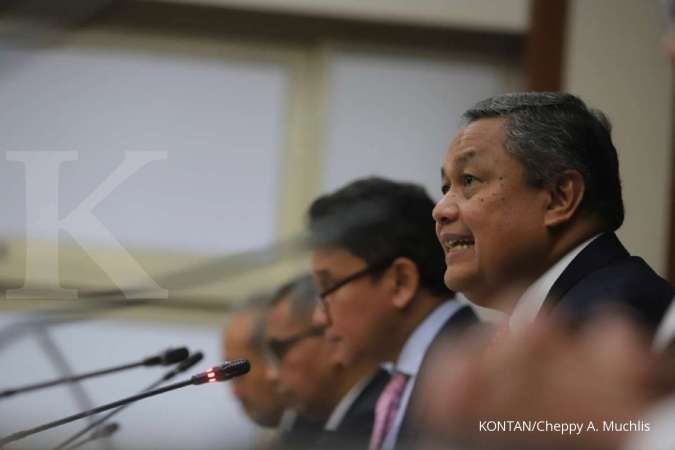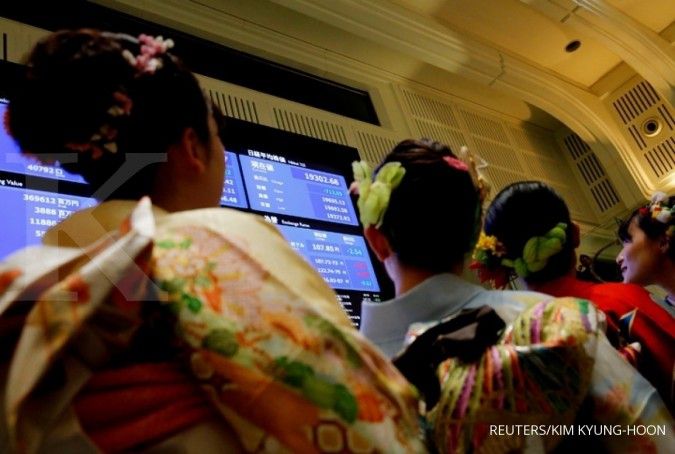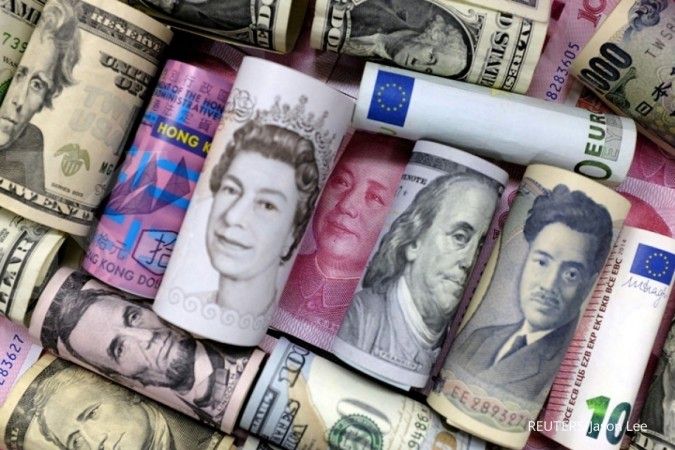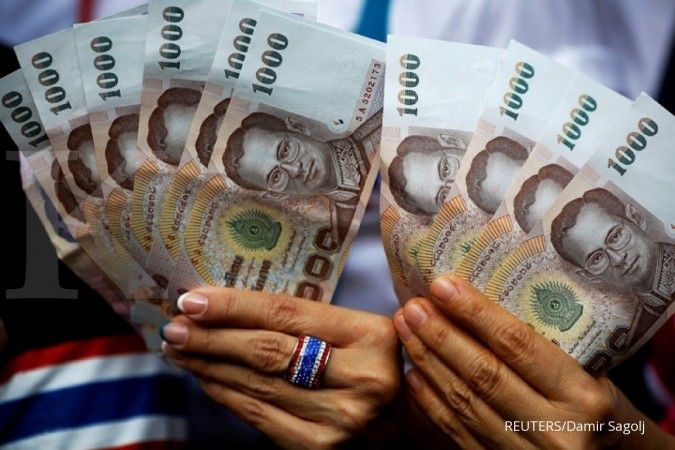ASIA - SEOUL. South Korea and Indonesia cut their benchmark interest rates for the first time in years on Thursday, not waiting for an expected reduction soon in U.S. rates as they aim to help borrowers cope with mounting risks to economic growth.
The Korean cut, unlike the Indonesian one, surprised economists who anticipated a move by Seoul only after a Federal Reserve's policy decision due on July 31. And both left the door open for further easing.
Global risks are on the rise as the Sino-U.S. trade war drags on, dampening business confidence and deterring investment, and Asian economies are feeling additional pressure as China's growth cools to near 30-year lows.
Both Indonesia and South Korea cut main rates by 25 basis points (bps).
Deutsche Bank said it expects others in Asia to follow, in response to tepid growth and limited inflationary pressure, adding that Bank Indonesia and the Philippine central bank could be "the most aggressive".
Later on Thursday, another emerging market central bank - South Africa's - is expected to trim its rates.
A spate of rate decisions are due in Asia in early August. One is due from Manila's Bangko Sentral ng Pilipinas, which has made one cut this year, on Aug. 8. India's central bank, which has cut three times in 2019, meets on Aug. 7, as does the Bank of Thailand, which in December hiked for the first time since 2011.
The governors of Bank of Korea (BOK) and Bank Indonesia (BI)both said on Thursday that they see more room for "accommodative" policy, meaning that more rate cuts may be on the way.
PRESSURE ON SOUTH KOREA
The BOK cut its base rate 25 basis points (bps) to 1.50%. It also shaved this year's growth forecast to 2.2%, the lowest in a decade, from 2.5%, as a brewing dispute with Japan piled more pressure on the trade-dependent economy.
"The policy board decided to lower the interest rate to support the economic recovery as both the growth and inflation trends were weaker than previously thought," Governor Lee Ju-yeol said.
"Our economic assessment reflected Japan's imposition of export restrictions as they will have considerable effects on our economy," he added, referring to Japan's curbs on exports to South Korea of key materials for chip and display production.
ING called Thursday's Korea cut a "mere reversal" of a 25 bps hike in November, but said it believes "this is just the beginning of an easing cycle.
"The Korean economy may actually be in a recession right now, we're simply waiting for the data to confirm it," ING Asia chief economist Rob Carnell said in a note.
INDONESIA TO CUT MORE?
Indonesia's central bank cut its benchmark interest rate for the first time in nearly two years, lowering the 7-day reverse repo rate by 25 bps to 5.75%.
Indonesia has not been hit as hard by trade disputes as South Korea has, but the U.S.-China trade war, slowing global growth and falling commodity prices are denting its economic performance.
Growth in Southeast Asia's biggest economy has stubbornly held at around 5% in recent years and BI - which said efforts to support domestic demand are needed to mitigate falling exports - still sees 2019 growth below the midpoint of its 5.0%-5.4% outlook.
"There is room for accommodative monetary policy, in line with expectations of low inflation to further support economic growth," Governor Perry Warjiyo told reporters.
After Indonesia's cut, the question becomes how much of an easing cycle there might be to unwind some of BI's six rate hikes in 2018, which totalled 175 bps.
"This is not a 'cautious cut' and there could be more monetary easing down the road in 2019," Bahana Sekuritas economists Satria Sambijantoro and Dwiwulan said in a note.
A Reuters poll before Thursday's showed many analysts believe Indonesia's main rate next March could be 5.25%, which would entail another 50 bps of cuts.
Capital Economics said in a note "the uncertain outlook for the currency means that this is unlikely to be the beginning of a prolonged easing cycle".
/2019/07/18/1803191402.jpg)













